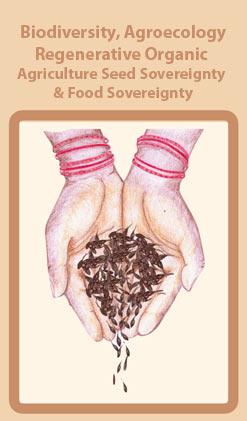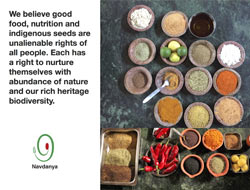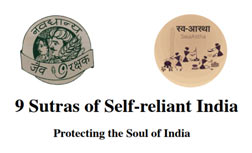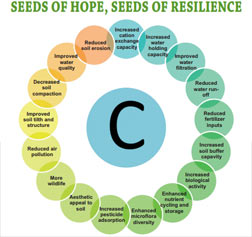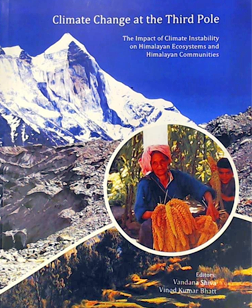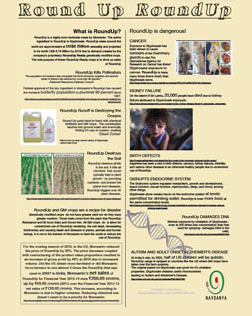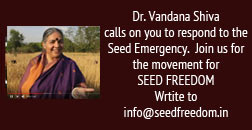Quito, Ecuador, 26 November 2010.
A historic case was filed by an international coalition of defenders of nature’s rights at the Constitutional court of Ecuador against BP and its crimes against nature. Ecuador recognises the rights of nature in its current constitution adopted in 2008. The rights of nature are universal. This provides the fundamental basis for this legal case.
The case was brought with regard to the massive environmental disaster caused when BP’s Deepwater Horizon rig exploded on April 20, 2010. That incident exposed BP’s drive to maximise profit with total disregard of nature and its rights. The company constantly lied with regard to the scale of the disaster and toped this up by using unusually high amounts of toxic chemical dispersants to cover up the spill. This disaster was not limited to the Gulf Coast but has wider reach through the movement of water as well as atmospheric pollutions.
The defenders of nature are not seeking financial compensation since the harm done to nature cannot be compensated for in monetary terms. Some of the key demands in the case include that BP should release all data and information on the ecological destruction caused by the oil spill. Another demand is that they should also to refrain from extracting as much oil underground as they spilled in the Gulf of Mexico incident.
Besides this case the activists called for support for the Yasuni ITT proposal of the Ecuadorian government to leave the oil in that sensitive ecosystem underground. They also urged the US government to extend the moratorium on offshore oil drilling.
Speaking after filing the case, the defenders of nature insisted that phasing out crude oil as a major energy source should be an issue of critical importance at the climate conference in Cancun. It is the key way to phase out the current carbon economy, tackle climate change and halt the forces that are driving the current global crises.
The case was jointly filed by

